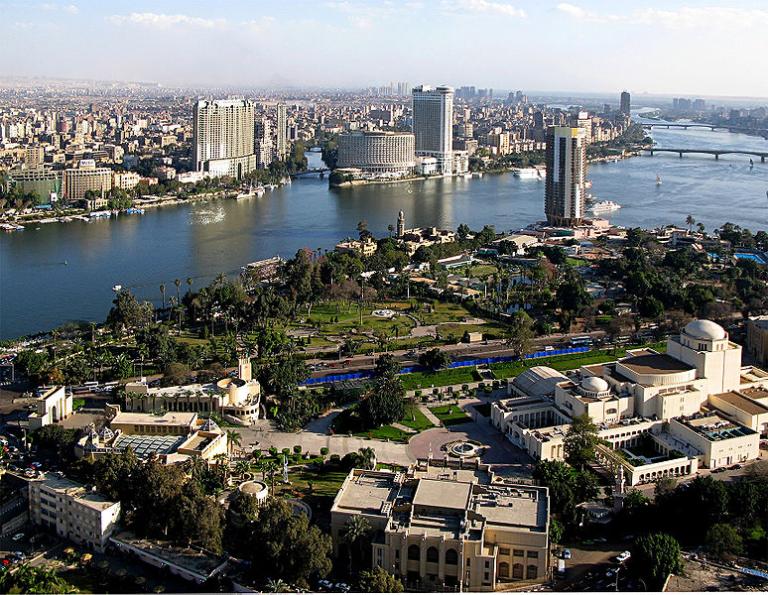
My blogging has suffered greatly over the past few weeks from poor connections, jet lag, a bout of illness, a slight cold, and a very, very full schedule. So I’m trying now to catch up just a bit, with another installment from The Forthcoming Book:
In Jordan, things came to a head in September 1970. In that month, which has ever afterward been known among the Palestinians as “Black September,” a group of radical Palestinians flew three hijacked airliners to Jordan and then refused to allow the Jordanian army to rescue the passengers or even to get near the aircraft.[1] This was simply too much for the government of King Hussein and, as events proved, for many Jordanians. They could see that they were losing control of their own country—the Palestinians were acting as if they were the rulers. King Hussein decided to launch a military offensive against PLO-controlled refugee camps and even against predominantly Palestinian neighborhoods in the capital city of Amman. The Palestinians responded violently, but they were ultimately outmanned and outgunned. Yasir Arafat was obliged to escape from Amman dressed as an Arab woman.
Naturally, he fled to the other chief concentration of PLO power, to Lebanon, where Palestinians had established themselves as a quasi-state in certain parts of Beirut and in the rural south, handily close to Israel. This story will continue with the discussion of Lebanon.
The Six Day War of 1967 caused a crisis for Arab self-respect. It appeared as though they would never be able to climb out of the abyss into which they had fallen. The “October War” of 1973, by contrast, was a great shock to the Israeli self-image. Both the government and the military were caught off guard, and Arab forces were able to score a number of early victories in the conflict. Even though the Israelis eventually seem to have regained their composure and were pushing toward another victory when a ceasefire was declared, it was the initial Arab success that had immense psychological impact on both sides. At roughly the same time, other things seemed to be going the Arabs’ way as well. The rise in oil prices and in Arab oil power in 1974 gave them considerable political clout, and the PLO rode this to a new level of respectability and influence. It is no coincidence that in 1974 Yasir Arafat received an invitation to address the United Nations. Arafat used this new respectability well. It was virtually impossible for any newspaper-reading person in the West to avoid mention of the Palestinian cause. And to make sure that the Palestinians were not forgotten, the PLO undertook terrorist actions in countries throughout the Middle East and abroad.
Prime Minister Golda Meir of Israel, criticized for mismanagement of the October War, resigned in 1974. On the Egyptian side, however, Anwar Sadat now felt that he could negotiate from a position of strength and honor, something that was certainly not open to him in the aftermath of the 1967 war. In late 1977, Sadat made his heroic flight to Jerusalem, where his talks with the Israeli prime minister Menachem Begin and, later, with Begin and U.S. President Jimmy Carter led to the 1978 Camp David Accords.
[1] A prominent Palestinian terrorist organization bears the commemorative title of Black September.
Posted from Cairo, Egypt










